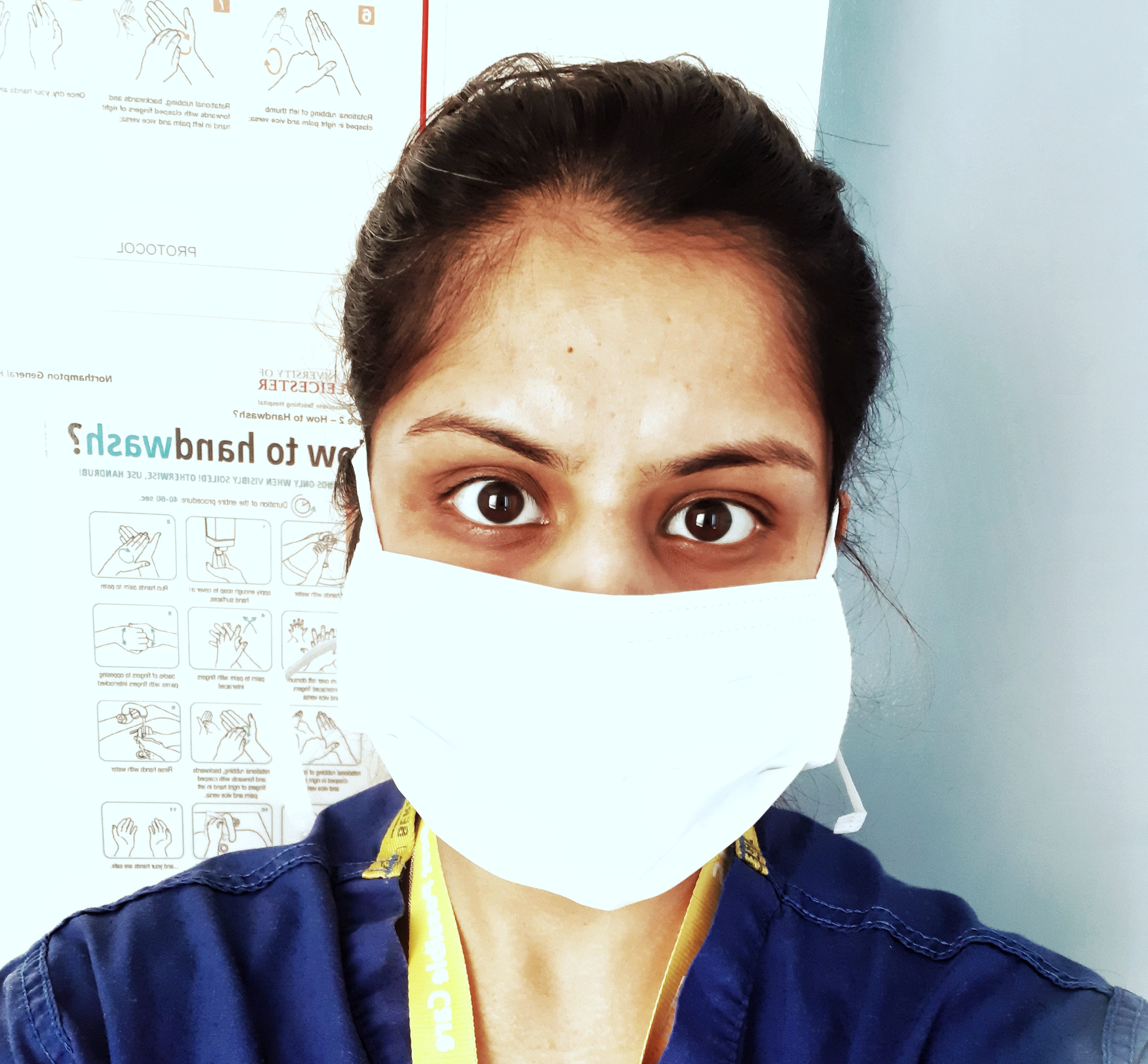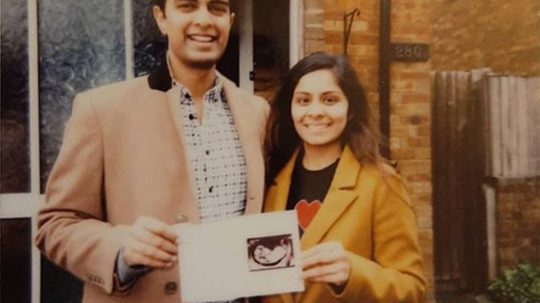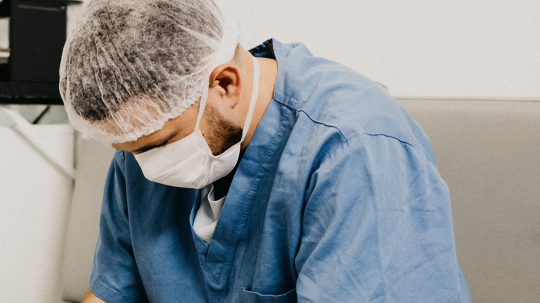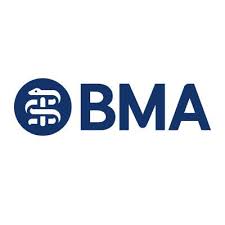Almost half of UK doctors are suffering from mental health conditions related to the coronavirus pandemic, according to British Medical Association (BMA) research.
A survey of more than 10,000 doctors has revealed that 45% are struggling with depression, anxiety, stress, burnout or other mental health conditions relating to, or worsened by, the coronavirus crisis.
The BMA is calling for “a longterm strategy for protecting and maintaining the physical, mental, and emotional wellbeing” of the NHS’ workforce.
A separate survey the union published earlier this month revealed that one in five doctors feel they do not have access to the help they need.
The BMA has also reported an increase in calls to its wellbeing support service from doctors anxious about going into work to face unknown situations. Others feel they are risking their lives and those of loved ones due to a lack of personal protective equipment (PPE).
The report warns that it is “likely that the worst of the mental health consequences for the NHS workforce may be yet to come”.
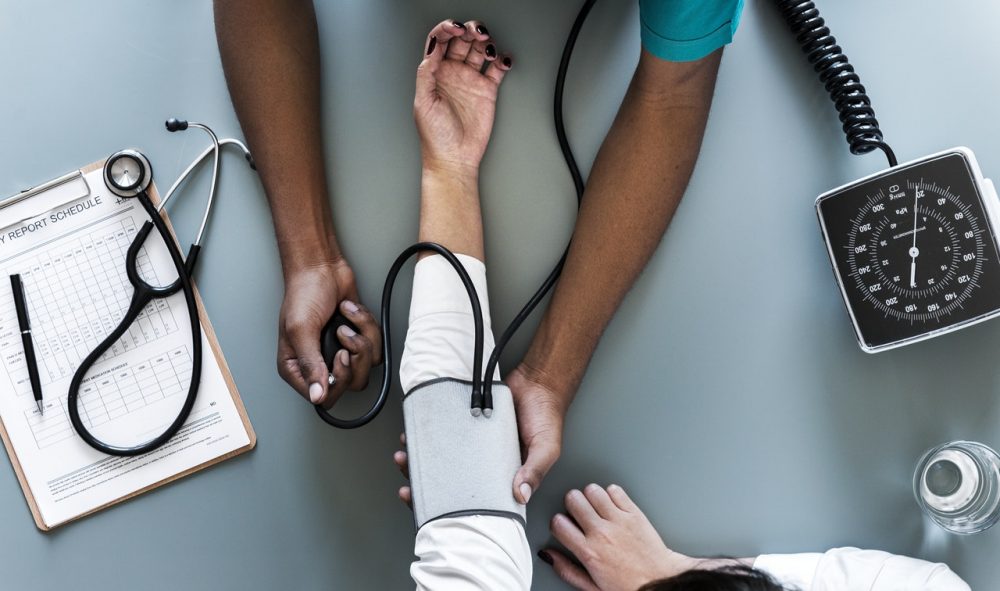
A doctor and a patient. Credit: Pexels
Dr Meenal Viz is a clinical registrar at a London hospital and has launched a legal challenge against the government over its PPE guidance.
The 27-year-old, who is more than seven months pregnant, said the coronavirus pandemic has revealed the “systemic neglect” of doctors in the NHS.
“For me personally, doctors have always felt under supported by the NHS in the sense that, when it’s winter time especially the pressure of all the patients coming in – we’re under funded, and we know that we don’t have the support … there are days when we can feel quite deflated,” she said.
She added: “I think the pandemic has definitely exacerbated those emotions in me and a lot of my colleagues. I’ve always felt under supported, we always felt that we need the funding.”
According to the BMA’s report, there are fears that measures brought in to support NHS staff’s well-being during the pandemic may only be “interim”.
“It is clear the Covid-19 pandemic has exacerbated existing underlying stressors and added significant new ones, including increased exposure to death and suffering,” the report said.
The five-page document goes on to recommend a 10-point strategy to “protect the health and wellbeing of staff”, including ensuring that there is equal provision of wellbeing support for doctors across the country.
It also warned that healthcare workers face an “elevated” risk of suicide, urging the government to “step up” to prevent deaths.
Responding to the BMA’s report, a Department of Health and Social Care spokesperson said: “Supporting the mental health and wellbeing of our heroic staff during this unprecedented period is a top priority, and we understand the huge pressures they and their families are facing.
“We have a range of services available to staff, including the launch last month of a mental health hotline. Other services range from practical and financial assistance through to specialist bereavement and psychological support.
“Anyone struggling should come forward to a colleague, their occupational health team or the helpline so that they can get the help and support they need.” The NHS has set up a free support line for its staff during the coronavirus pandemic.
The spokesperson added that the department was unable to comment on the legal challenge launched by Dr Meenal Viz and her husband as it is an ongoing case.
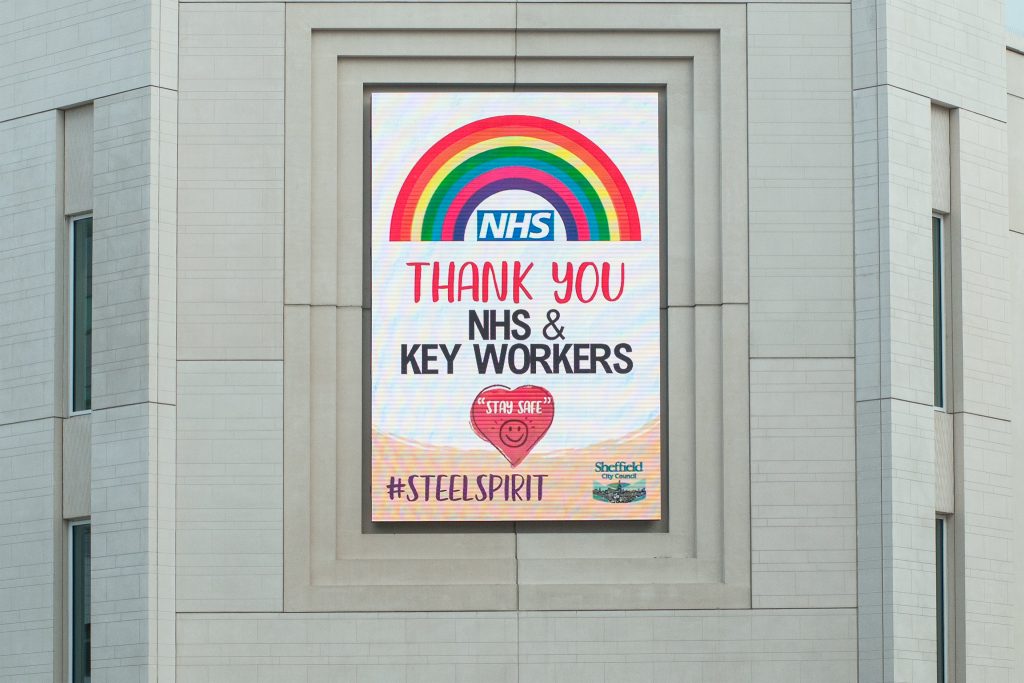
The public have been plastering rainbows across the UK in support of NHS staff and key workers. Credit: Flickr / Tim Dennell
A separate survey carried out by the BMA earlier this month found that two thirds of doctors have seen an increase in workload during the crisis. Meanwhile, 35% of staff that had been redeployed to new roles said they received no induction.
Nearly a third (30%) of the 16,000 doctors who responded to the survey said they are more stressed and burned out than before the pandemic.
“This is unsustainable,” said Helena McKeown, the BMA’s representative body chair.
“Colleagues are feeling broken and are visibly exhausted. Many have had little sleep in recent weeks, have had annual leave cancelled and rotas of 13-hour shifts imposed.”
More than 300 NHS workers and care staff have so far died after contracting coronavirus.
If you are in the UK and are having suicidal thoughts, suffering from anxiety or depression, or just want to talk, you can call the Samaritans helpline on 116 123. If you are in the US, you can call the National Suicide Prevention Line on 1-800-273-8255.

